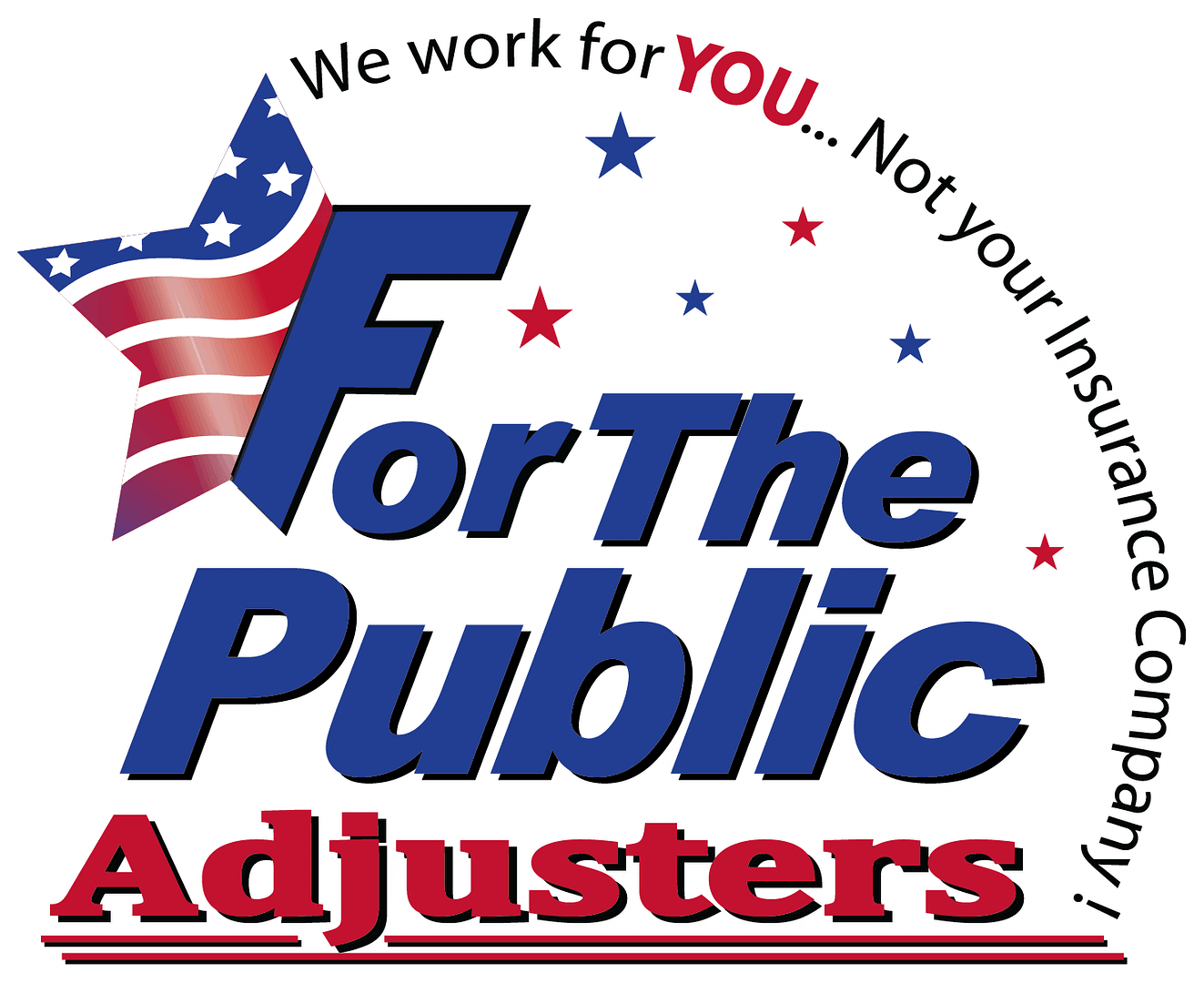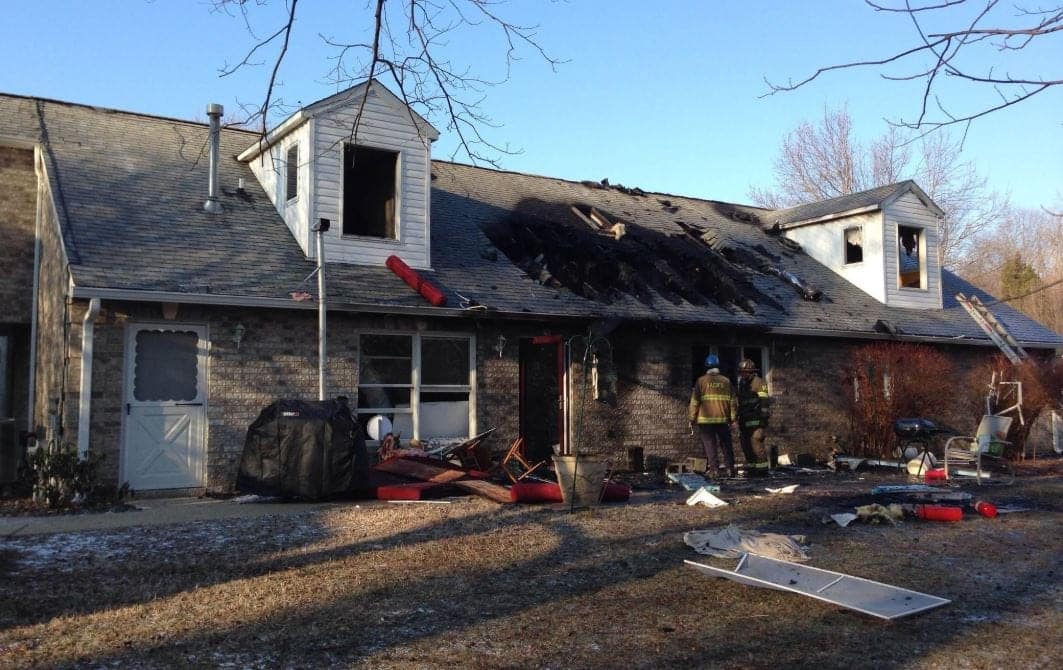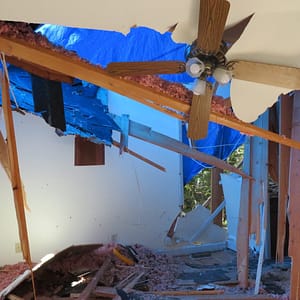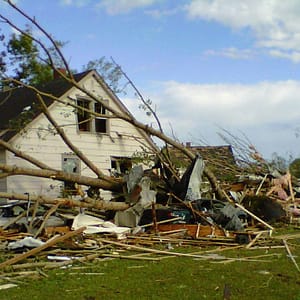Dealing with an insurance company adjuster after suffering fire damage to your property can be an exhausting experience. Some fire claim adjusters are simply unreasonable and difficult to deal with. Maximizing your claim from a fire damage adjuster can be crucial for covering repair costs and losses. Below are some tips to help you get the most out of your fire damage insurance claim:
1. Document Everything for the fire damage adjuster
- Photos and Videos: Take clear photos and videos of all damage, including structural damage, personal belongings, and any soot or water damage.
- Inventory: Create a detailed inventory of all damaged items, including their age, original cost, and estimated replacement value. Consider taking photos or videos of the damaged items to further document their condition. Additionally, keep any relevant receipts or warranties that may support your claims. By providing a thorough and well-organized inventory for your fire damage adjuster, you can help expedite the claims process and increase your chances of receiving a fair settlement.
2. Understand Your Policy
- Coverage Limits: Know the maximum amount your policy will pay for various types of damage.
- Exclusions: Be aware of any exclusions or limitations in your policy. Identify any potential exclusions or limitations. These may include specific types of damage, certain items, or particular circumstances that are not covered.
By understanding the scope of your coverage, you can avoid unexpected surprises and potential disputes with your fire damage adjuster. If you have any questions or concerns about your policy, don’t hesitate to contact your insurance agent or broker for clarification.
- Additional Living Expenses (ALE): Check if your policy covers the cost of temporary living arrangements if your home is uninhabitable.
3. Mitigate Further Damage
- Immediate Repairs: Make temporary repairs to prevent further damage (e.g., covering broken windows or holes in the roof).
It is your duty as the policyholder to mitigate from further damage to your property, it’s important to take immediate action to make temporary repairs. This may involve tasks such as covering broken windows with plywood or tarps, repairing leaks in the roof, or securing loose debris.
By taking these preventive measures, you can help protect your belongings from the elements and reduce the overall cost of repairs. Additionally, documenting these temporary repairs with photos or receipts can be helpful when submitting your insurance claim to your appointed fire damage adjuster.
- Keep Receipts: Save receipts for any expenses incurred to prevent further damage, as these can often be reimbursed.
4. Hire a Public Adjuster for Your Fire Damage
- Expert Assistance: A public adjuster works on your behalf (not the insurance company’s) to assess the damage and negotiate the claim. PA’s work against your fire damage adjuster.
- Experience: They can help ensure that you receive a fair settlement. Read more about consulting with a Fire Damage Public Adjuster here.
.
5. You Do NOT Need Multiple Estimates
- Contractor Quotes: It’s a good idea to obtain estimates from several reputable contractors for repair costs. HOWEVER, you only need to share the estimate from the contractor that YOU want to use. This could be the contractor you feel most comfortable working with, or the one who offers the most competitive pricing or the most comprehensive services.
It’s important to note that you’re not obligated to share multiple estimates with your fire damage adjuster. While providing multiple estimates may seem like a transparent approach, it can sometimes lead to unnecessary complications or even lower settlement offers. By focusing on the estimate from your chosen contractor, you can streamline the claims process and increase your chances of receiving a satisfactory settlement.
- Fair Assessment: Multiple fire damage estimates can provide a more accurate reflection of the repair costs and prevent lowball offers from the insurance company.
6. Review Initial Offers Carefully
- Detailed Breakdown: Ensure the initial offer from the insurance adjuster includes a detailed breakdown of how they arrived at the settlement amount.
- Negotiate: Don’t hesitate to negotiate if the initial settlement offer seems inadequate. If you believe the offer doesn’t fully cover the costs of repairs or replacements, be assertive and advocate for a fairer settlement. Gather all relevant documentation, including estimates from reputable contractors, repair bills, and receipts for any expenses incurred. Use this evidence to support your claims and demonstrate the true extent of the damages.
Remember, insurance companies are a businesses, and negotiation is a common practice. By being prepared, confident, and persistent, you can increase your chances of securing a settlement that adequately compensates you for your losses.
7. File Promptly
- Timely Reporting: Report the fire damage to your insurance company as soon as possible.
- Deadlines: Adhere to any deadlines for filing claims and submitting documentation.
8. Keep Detailed Records
- Communication: Keep a log of all communications with your insurance company, including dates, times, and the names of representatives you speak with.
- Documentation: Save copies of all correspondence, forms, and documents related to your claim.
9. Know Your Rights
- State Regulations: Familiarize yourself with state regulations regarding insurance claims, as these can vary and may offer additional protections or benefits.
- Appeal Process: Understand the process for disputing a claim if you believe the settlement is unfair.
By following these steps, you can improve your chances of receiving a fair and adequate settlement from your fire damage adjuster.

Related 1: Bad Faith Lawsuit Against Allstate Insurance Upheld
Related 2: Consider Fire Insurance Claims Adjuster When Insurance Won’t Pay Enough
Related 3: United Policyholders







Your blog is a shining example of excellence in content creation. I’m continually impressed by the depth of your knowledge and the clarity of your writing. Thank you for all that you do.
I have seen many of your insurance damage posts. Thank you for being such a positive influence!
“Good post! The detail shows your understanding of the topic. I’ve had a fire and can use these tips. Thx.”